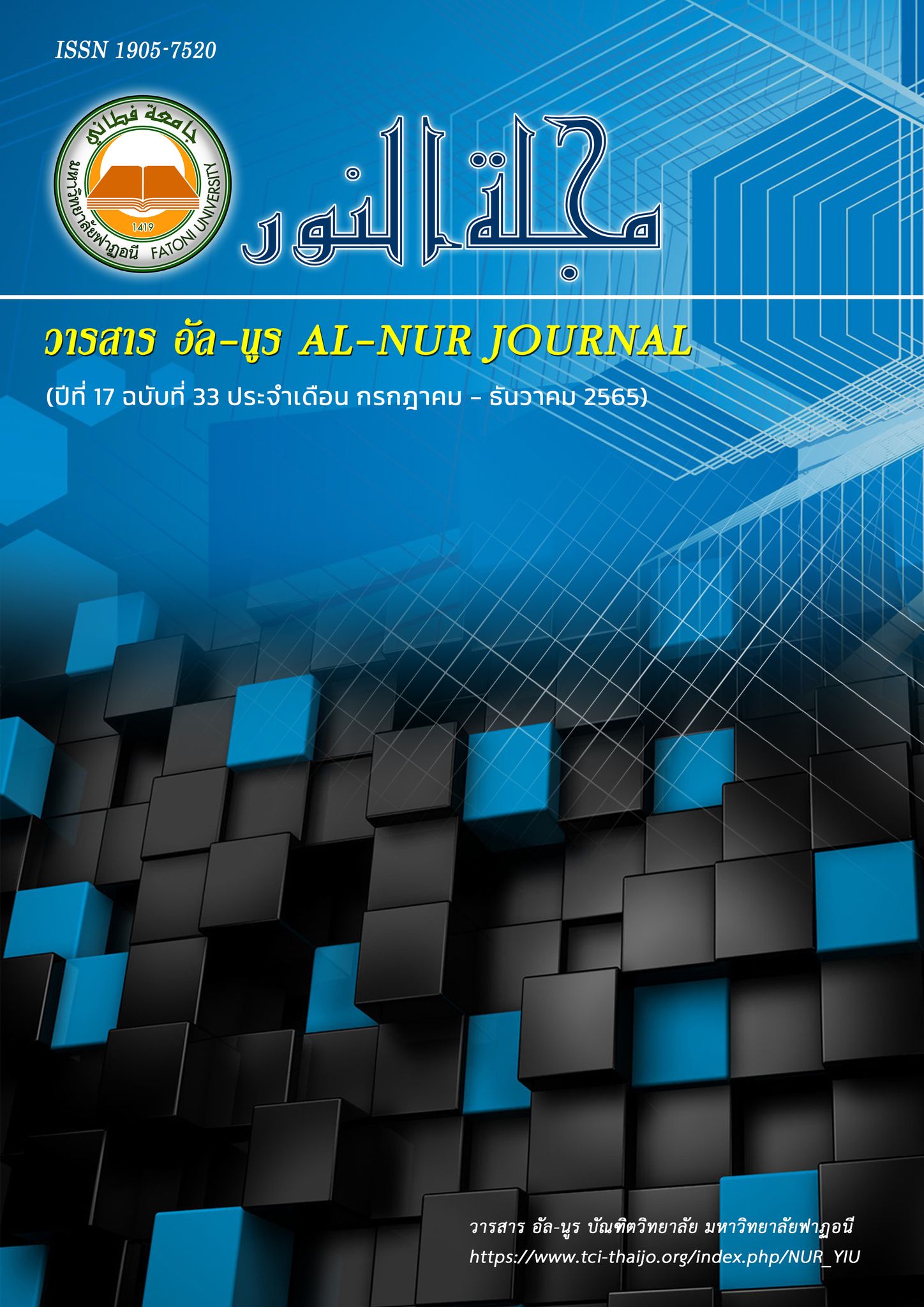The Role of Mosque in value Chain of Economic Empowerment of Ummah
Keywords:
Empowerment, Economic of ummah, MosqueAbstract
This research aims to determine the extent of the role of the mosque in value chain of economic empowerment of ummah. The urgency of this research is due to its novelty, namely the scarcity of empirical studies on the role of mosques in the value chain of community development, especially in empowering the economy of ummah. The method used in this study is descriptive qualitative with data collection techniques through interviews with the management of mosque cooperative, DKM, and its members (jemaah). Samples of this research are 4 mosque cooperatives in the city of Bandung, Indonesia. In addition to primary data, this study also uses secondary data from reference sources that are relevant and related to this research. The analytical approach used in this study is value chain model. The results of this research show that the mosque has a strategic role in the economic empowerment of ummah through its economic activity units, namely mosque cooperatives which have been proven to contribute significantly to realizing the economic revival of ummah. The success of mosque-based economic empowerment is supported by the management conducted by people who have managerial and entrepreneurial abilities. Furthermore, the existence of infrastructure facilities and the use of technology are also crucial aspects in the value chain of mosque-based economic empowerment to realize the economic revival of ummah.
References
Adlani, Nazri. (2004). Upaya Meningkatkan Fungsi Masjid. Dalam Islam dan Masa Depan Umat. Penyusun M. Adnan Harahap. Jakarta:Penerbit Zikrul Hakim.
Aisyah, S. (2013). Membangun Kekuatan Ekonomi Masjid, Jurnal Syari’ah, II (II), 51-62.
Faridl, M. (1985). Masjid. Bandung: Perpustakaan Salman.
Erziaty, R. (2015). Pemberdayaan Ekonomi Potensial Masjid sebagai Model Pengetasan Kemiskinan. Jurnal Ekonomi Syariah dan Hukum Ekonomi Syariah, II(II), 24-42.
Haliding, S. (2018). Membangkitkan Ekonomi Berbasis Masjid. Medcom.id. diambil melalui https://www.medcom.id/ekonomi/analisa-ekonomi/1bVGaLXk-membangkitkan-ekonomi-berbasis-masjid. Diakses pada tanggal 16 Mei 2021, pukul 09:01 WIB.
Porter, Michael E. (1998). Competitive Advantage: Creating and Sustaining Superior Performance. New York: Free Press.
Ramadhan, A., Hasanah, I., & Hakim, R. (2019). Potret Masjid Sebagai Basis Pemberdayaan Ekonomi Umat. Iqitishodia: Jurnal Ekonomi Syariah, 4(1), 31-49.
Ruslan, I. (2012). Pemberdayaan Ekonomi Masyarakat Berbasis Masjid di Pontianak, Jurnal Khatulistiwa-Journal of Islamic Studies, 2(1), 16-25.
Shihab, M. Quraish. (2014). Wawasan Al-Quran: Tafsir Tematik atas Perbagai Persoalan Umat. Bandung: Penerbit Mizan, PT. Mizan Pustaka.
Sochimin, S. (2016). Manajemen Keuangan Masjid Berbasis Pemberdayaan Ekonomi Umat. El-Jizya, Jurnal Ekonomi Islam, 4(1), 119-150.
Sofwan, R. (2013). Penguatan Manajemen Pemberdayaan Fungsi Masjid Al-Fattah di Kelurahan Krapyak Semarang, Dimas: Jurnal Pemikiran Agama untuk Pemberdayaan, 2(2), 315-333.
Suherman. (2012). Manajemen Masjid. Bandung: ALFABETA.
Suryanto. (2016). Optimalisasi Fungsi dan Potensi Masjid Model Pemberdayaan Ekonomi Masyarakat Berbasis Masjid di Kota Tasikmalaya, Iqtishoduna, Jurnal Ekonomi Islam, 8(2), 1-27.
Sutarmadi, Ahmad. (2010). Masjid sebagai Wahana Aktivitas Pengembangan Umat Muslim. Dalam Mimbar Jum’at. Jakarta: Mimbar Jum’at Istiqlal.
Umam, Chatibul. (2004). Kiat Memakmurkan Masjid. Dalam Islam dan Masa Depan Umat. Penyusun M. Adnan Harahap. Jakarta:Penerbit Zikrul Hakim.
Downloads
Published
Issue
Section
License
Copyright (c) 2023 Dr. Narong Hassanee

This work is licensed under a Creative Commons Attribution-NonCommercial-NoDerivatives 4.0 International License.
Proposed Creative Commons Copyright Notices


